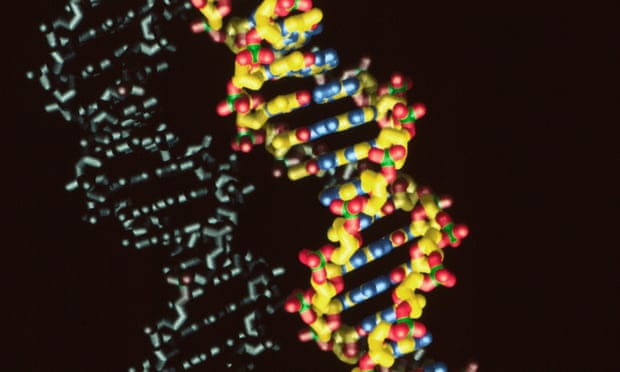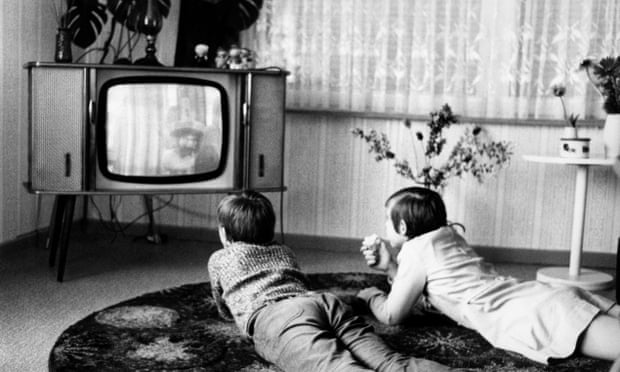This week instead of having you read an article, I am going to have you watch the following video.
Is genetic engineering science fiction or the new reality? How will DNA technology change what we perceive as "normal?" Is genetic modification going to be the new normal? Do you agree with scientists will usng CRISPR to eliminate genetic diseases and cancer? Will this lead to using genetics to create a more perfect race (Eugenics) or to create a clone army (Star Wars or North Korea using genetics)? If genetic modification becomes a reality what will happen to children that are not genetically modified? What do you think will happen to hiring practices? Will this lead to a new type of discrimination?
In your response, you do not have to answer all of these questions, but I would like for you to address some of them. First watch the video. Then, write a scholarly response about designer babies and genetic engineering. Please make sure that your paragraph has at least five sentences. Use proper capitalization and punctuation. In English, many of you are reading Frankenstein. Can you see parallels between the book and true science? Perhaps I will share your responses with your English teachers. Also you need to respond to at least one of your peers.




